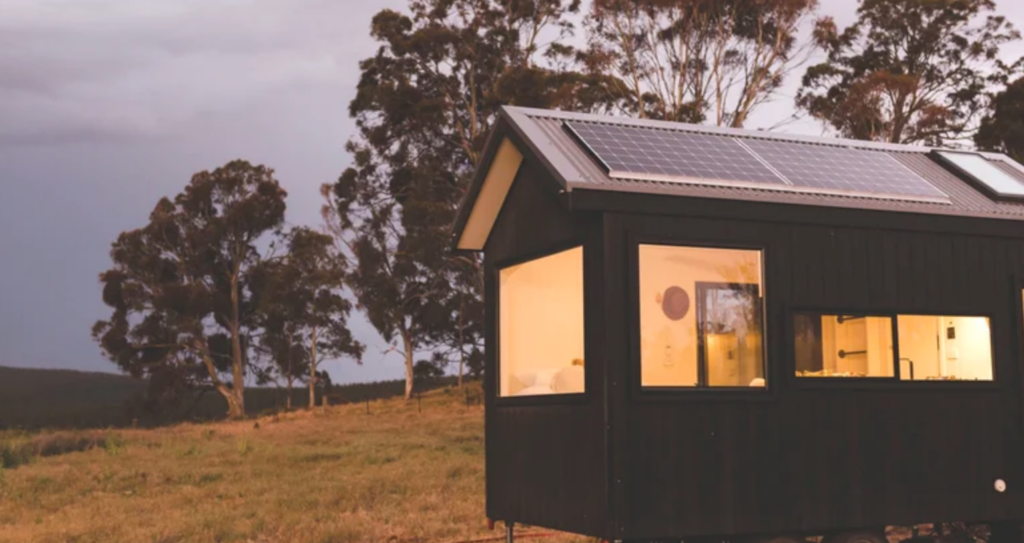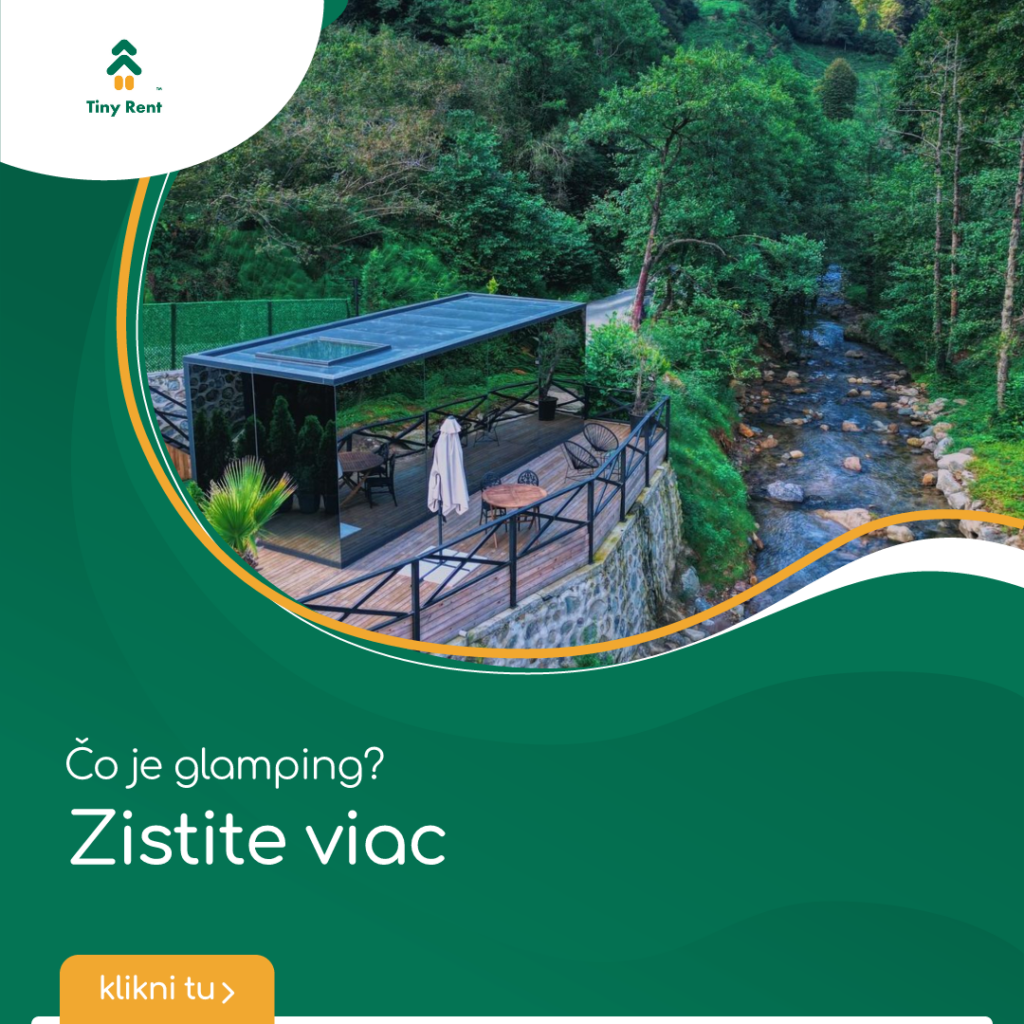Owning a Tiny House brings freedom and flexibility, but one of the most important decisions is how you get your power and water. You have two main options: on-grid, which means connecting to existing infrastructure, or off-grid, which means you’re completely independent. Each of these options has its own advantages and disadvantages. So how do you choose the right solution?
What does on-grid Tiny House mean?
On-grid means your Tiny House is connected to the public electricity, water and sewer network. This solution provides the stability and convenience of traditional housing.
Advantages of on-grid solutions:
- Stable electricity supply – you don't have to worry about power outages.
- Unlimited water supply – connection to city water and sewer eliminates the need for tanks.
- Smaller initial investment – you don't need to buy solar panels, batteries or a water purification system.
Disadvantages of on-grid solutions:
- Dependence on energy suppliers – power outages or increases in energy prices will affect you.
- Mobility restriction – your Tiny House must be located in a location with accessible infrastructure.
- Potentially higher operating costs – paying for electricity, water and sewage can be more expensive compared to a completely self-sufficient solution.
What does off-grid Tiny House mean?
Off-grid means complete independence from public grids. The Tiny House operates using solar panels, water tanks and alternative waste management solutions.
Advantages of off-grid solutions:
- Energy independence – you don't have to rely on suppliers.
- Environmental sustainability – the use of renewable energy sources reduces the ecological footprint.
- Mobility – you can place your Tiny House anywhere, regardless of infrastructure.
Disadvantages of off-grid solutions:
- Higher initial investment – solar panels, batteries and a water treatment system can be a cost.
- Potential limitations – in winter or during prolonged cloudy weather, obtaining energy may be more difficult.
- Maintenance required – solar panels, batteries and water filters require regular care.
Which solution is more suitable for you?
| Factor | On-grid Tiny House | Off-grid Tiny House |
|---|---|---|
| Initial costs | Below | Higher |
| Monthly costs | Higher (electricity, water) | Below (renewable resources) |
| Mobility | Limited | Maximum |
| Ecological footprint | Higher | Lower |
| Independence | Low | High |
Hybrid Solution: The Best of Both Worlds
If you can't decide, there is also the option of a hybrid solution. For example, you can have your Tiny House connected to the electricity grid, but at the same time use solar panels to reduce costsOr provide a water supply, but use a composting toilet instead of a sewer.
Conclusion
The choice between on-grid and off-grid depends on your lifestyle, budget, and preferences. If you want stability and comfort, on-grid is the better choice. If you want independence and an eco-friendly alternative, off-grid is the ideal solution for you. Whatever you decide, A Tiny House will always offer you freedom and flexibility that traditional housing can hardly provide.






